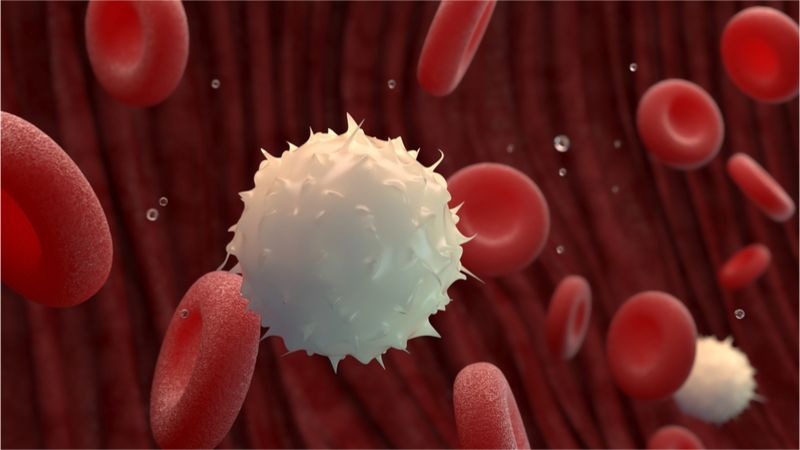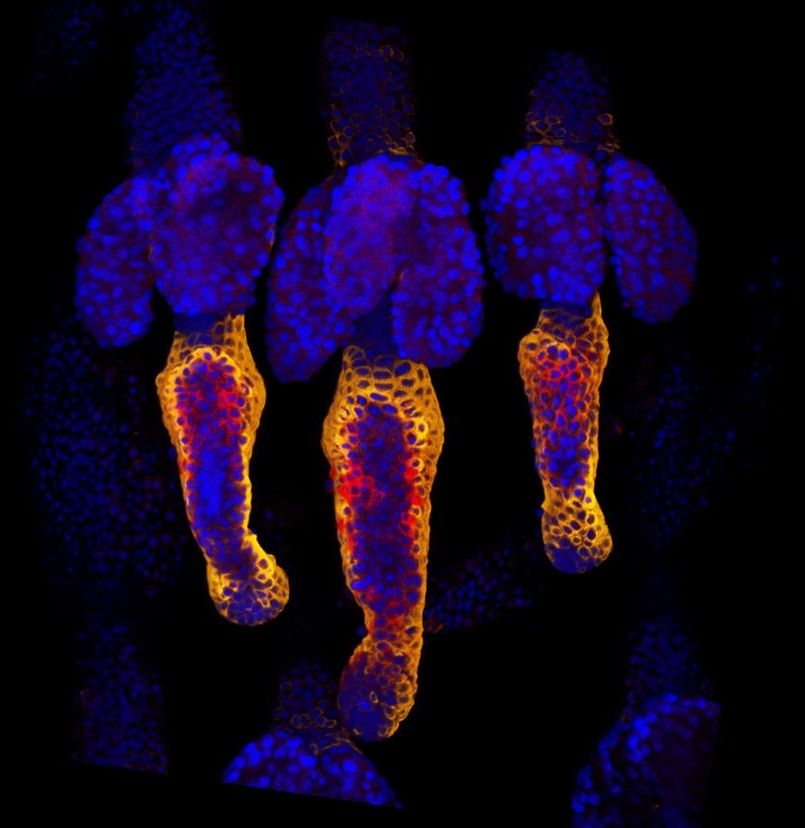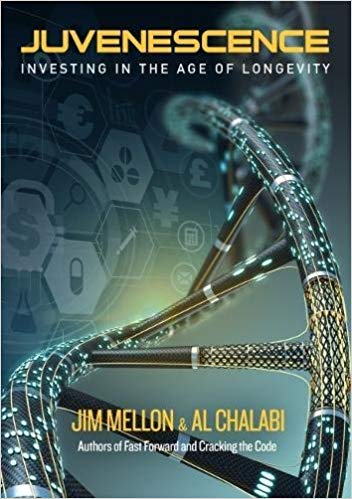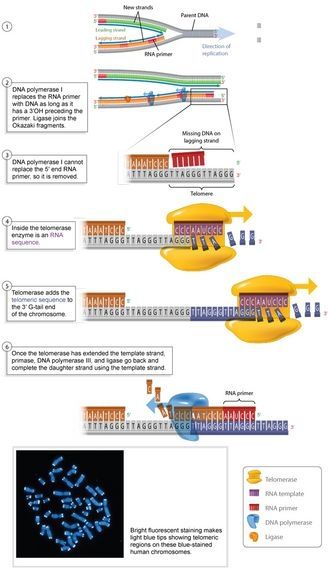How to keep your assets intact if you’re revived through cryonics.


Intervene Immune is a company focused on the age-related decline of the immune system, which is known as immunosenescence. Here, Bobby Brooke, CEO of Intervene Immune, discusses the clinical potential of regenerating the thymus as a means of reversing age-related immune system decline.
Earlier this year, we hosted the Ending Age-Related Diseases 2018 conference at the Cooper Union, New York City. This was a conference designed to bring together the best in the aging research and biotech investment worlds and saw a range of industry experts sharing their insights.
As the human body ages, the thymus begins to shrink, and fewer numbers of T cells are created and trained to fight. The thymus tissue also turns to fat rather than healthy immune cell-producing thymic tissue. Eventually, the thymus wastes away, becoming a useless fatty organ that no longer produces immune cells.
This structural decay of the thymus and the failure of the immune system when we are old opens us up to multiple age-related diseases, particularly cancer, along with infectious diseases, such as pneumonia and flu.

There is a strong correlation between the decline of the immune system and a decrease in future lifespan. As the immune system performs a myriad of functions with a multitude of specialized cell types, its breakdown has serious ramifications for health and longevity. As we age, our immune systems steadily decline, becoming less efficient and more inclined to contribute to chronic inflammation due to inappropriate activation.
This smoldering chronic inflammation, also known as inflammaging, speeds up the development of various age-related diseases due to the crosstalk it has with the various damages of aging. In many ways, inflammaging is the glue that binds these damages together, as each of them has an inflammatory component and their progress is often accelerated in the presence of increased inflammation.
At a basic level, inflammation disrupts tissue maintenance and regeneration by blocking various repair pathways, so when that inflammation is chronic, as is commonly seen in aged individuals, the healing of organs and tissues is poor. Therefore, it is no surprise that chronic inflammation causes most older people to struggle to heal and recover from injury.

Dr. Barzilai is a chaired Professor of Medicine and Genetics and Director of the biggest Center in the world to study the Biology of Aging.
“Nir is our keynote speaker this year because, quite honestly, if I’d only given him half an hour there is no way he could do justice to his role in our movement. His scientific contributions have been world-leading for decades, but in recent years he has done so much more: he has taken a prominent role in two important rejuvenation startups, and he has also employed his exceptional political skills in forging invaluable new understandings between the biomedical gerontology and regulatory communities. Plus, he’s almost as entertaining a speaker as me!”, says Aubrey de Grey.

Yaron Fuchs is the 2018 grand prize winner of the Sartorius & Science Prize for Regenerative Medicine & Cell Therapy, for work that reveals a role for programmed stem cell death in wound healing and tissue regeneration. The findings, described in his prize-winning essay, “The therapeutic promise of apoptosis,” could potentially pave the way to novel regenerative medicine and tumor therapies that target stem cells undergoing apoptosis — a type of programmed cell death.
The 2018 grand prize winner revealed a role for programmed stem cell death in wound healing and tissue regeneration, and potentially in tumor therapies.

You’re cordially invited to the 1st of a series of blog entries I’m writing on anti-aging research smile
A: “It’s a dynamic system that veers away from its homeostasis (normal equilibrium point): hence a form of slow-progressing illness. Labeling it as ‘natural’ is a surrender to our traditional state of ignorance and powerlessness, which fortunately are beginning to be changed!”

In the spirit of the progenitor of Budda, Mohammed, and Christ, accept that the purse is a tool of suffering.
This new book by Jim Mellon and Al Chalabi is a layman’s guide to longevity. It investigates the new technologies and explains how to benefit from the life extending technologies both personally and professionally. It helps readers unravel the science, offers ideas on potential investment and reveals the views of the key opinion leaders.
The state of the immune system is an important determinant of aging. With age, immune function both declines in effectiveness and becomes inflammatory. Chronic inflammation accelerates the progression of all of the common age-related diseases. It disrupts tissue maintenance and regeneration, to pick one of many examples. It is likely that a sizable component of variation in aging arises from the differences between individuals in the degree to which the immune system has become damaged and dysfunctional.
Some of this immune aging is a matter of the burden of exposure to more rather than fewer pathogens over a lifetime: persistent infections in particular, such as cytomegalovirus and other herpesviruses, appear to drive immune aging. Some immune aging stems from the atrophy of the thymus, the organ responsible for maturation of T cells. A lesser volume of active thymic tissue means fewer new T cells to take up an effective defense of the body. Some immune aging is due to failure of barriers in the gut, allowing gut bacteria to trigger inflammatory activity. Some immune aging arises from cellular senescence among immune cells, turning them into harmful centers of inflammatory signaling. All of these issues have potential solutions, but, as in all matters related to aging, far too little funding and attention are given to the relevant development programs.

Dr. Alan Green’s patients travel from around the country to his tiny practice in Queens, N.Y., lured by the prospect of longer lives.
Over the past two years, more than 200 patients have flocked to see Green after learning that two drugs he prescribes could possibly stave off aging. One 95-year-old was so intent on keeping her appointment that she asked her son to drive her from Maryland after a snowstorm had closed the schools.
Green is among a small but growing number of doctors who prescribe drugs “off-label” for their possible anti-aging effects. Metformin is typically prescribed for diabetes, and rapamycin prevents organ rejection after a transplant, but doctors can prescribe drugs off-label for other purposes—in this case, for “aging.”

Each eukaryotic chromosome has a loop at its end that is known as a telomere. This loop is composed of highly repeated DNA sequences and specialized binding proteins that protect the end the chromosome. The loss of one or more telomeres can lead to senescence or anueploidy, so cells must carefully r…